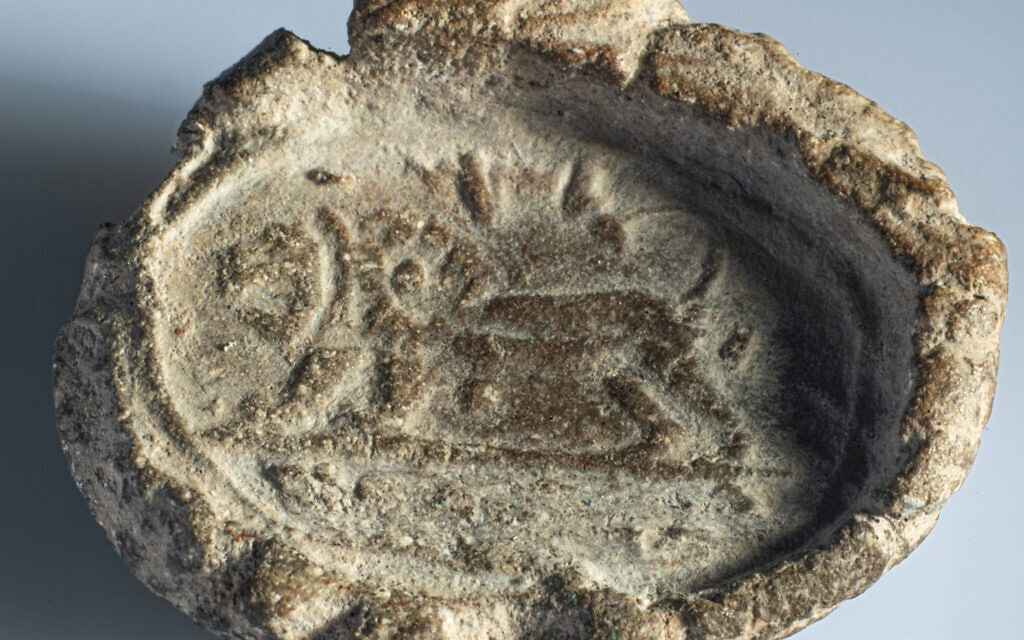In light of the recent church leadership chaos in Kerala, I was quickly reminded of 2 Kings in the Bible who are mostly left unnoticed or unfamiliar by us, but were significant rulers of their day- King Omri and King Jeroboam II, both of whom ruled the divided northern kingdom of Israel.
KING OMRI(1 Kings 16:21-28)
While studying the scriptures, only little is mentioned about this King, most notably being the father of King Ahab, who led Israel into the depths of idolatry during the days of the esteemed Prophet Elijah and purchasing the city of Samaria.
Yet Secular historians regard King Omri as one of Israel’s most powerful kings. After his firm rule, Israel was called Omriland in Assyrian records. Though his reign lasted only 12 years, he expanded Israel’s lands and founded the city of Samaria which became the kingdom’s capital for 150 years. While his predecessors lasted for shorter duration, he outlasted a rival to the throne, established his rule firmly amidst all the chaos in the land. Politically shrewd, he got his son Ahab married to a neighboring King’s daughter Jezebel as a means for further ties and bolstering his support.
Both the above mentioned kings were powerful rulers of their day. In modern times, they could be compared to Franklin D Roosevelt of USA or Nelson Mandela of South Africa under whose leadership both nations experienced great economic growth.
But it’s interesting to note that the Bible gives meagre mention of both powerful rulers.
Their accomplishments and other deeds are summed up in only 8-10 verses when infact archeological and secular historical data record much information about them compared to all the other kings of Israel.
The NIV Archaeological Study Bible concludes, “Omri was an enormously famous and successful king, yet the Bible pays him virtually no attention. Political success, in the eyes of the biblical writers, counted for very little if an individual had turned away from God.”
It gives us an insight into how God views them. The authors who wrote their stories by the guidance of the Holy Spirit understood that their political strength was so subdued by their lack of spiritual fervor and strength.
Both Kings sinned against the Lord and led Israel to sin just as their first predecessor, King Jeroboam I.
Kings had a spiritual obligation along with Priests and Prophets to lead the nation to worship God. In that sense, both Omri and Jeroboam II were spiritual authorities of the land. But because of their sins and enforcing of the same, God wasn’t interested in their other accomplishments. He was only concerned about their spiritual health which both fared poorly.
Similarly in our lives, we might be a leader, or surrounded by leaders or know of someone with major accomplishments in the name of God. But ultimately God looks at the heart and judges. Are we able to properly reflect Christ in our lives to others, with us being kings and priests with him? (1 Peter 2:9)
Remember one can be very famous in Christendom for his or her works or deeds, but if their hearts are not set right with God, they will be just like King Omri and Jeroboam II who were famous in the eyes of the people but remained mere sinners in the eyes of God.
Do not be deceived. Always examine your life and see if you remain in the faith. (2 Cor 13:5) Seek the things from above (Col 3:2) Focus on what is right and pure (Phil 4:8).
For if you do these things you will never stumble (2 Peter 1:10)
BEING COMMENDED BY GOD IS ALL THAT MATTERS!!

2,700-year-old clay sealing from a stamp from the Israelite King Jeroboam II in the 8th century BCE. (Dani Machlis/Ben Gurion University)
 Mesha Stele describes the oppression of Moab by Omri, king of Israel, and the Moabite victory over his unnamed son, probably referring to Ahab( c. 840 BCE)
Mesha Stele describes the oppression of Moab by Omri, king of Israel, and the Moabite victory over his unnamed son, probably referring to Ahab( c. 840 BCE)
KING JEROBOAM II(2 Kings 14:23-29)
Not to be confused with the first King of divided Israel who is also named Jeroboam; this King was the great grandson of King Jehu who was responsible for annihilating Ahab’s family.
Like Omri, the Bible gives us scant details about his life and accomplishments except that he reigned for 41 years and the prophets Hosea, Amos and Jonah lived during his reign.
But Jeroboam II ruled a strong and prosperous nation which is evident in him being the longest serving King of the Northern kingdom (41 years) at a time when rulers typically had much shorter reigns. Under his reign, Israel expanded in size, recovering nearly all its former territory from Lebo Hamath to the sea of Arabah and experienced tremendous strength and prosperity both politically and economically.